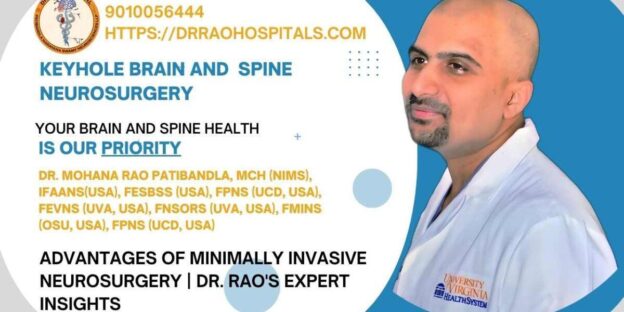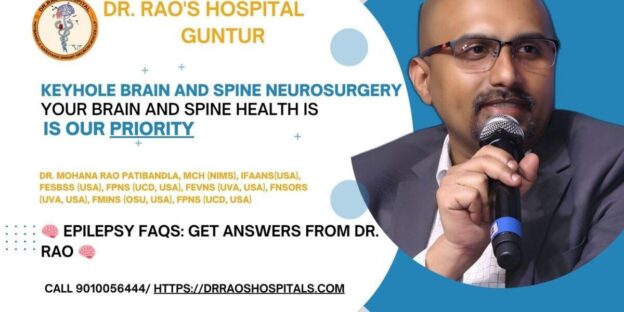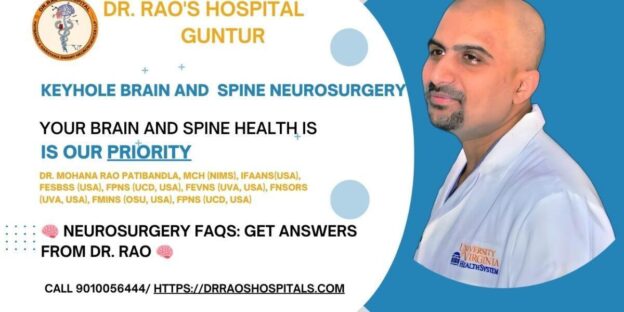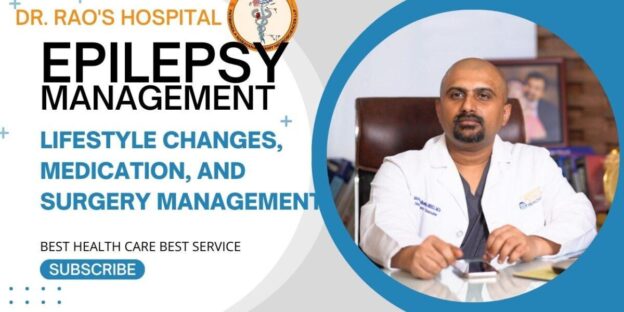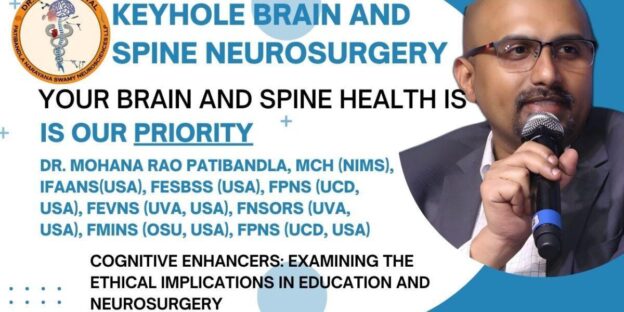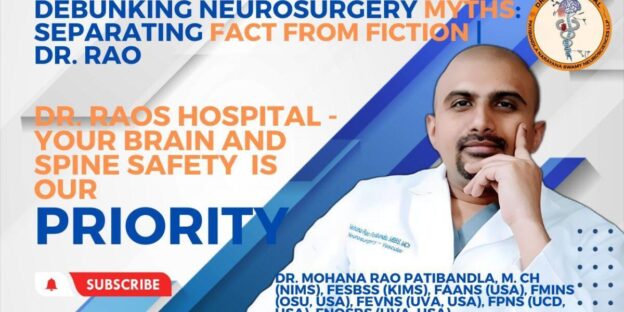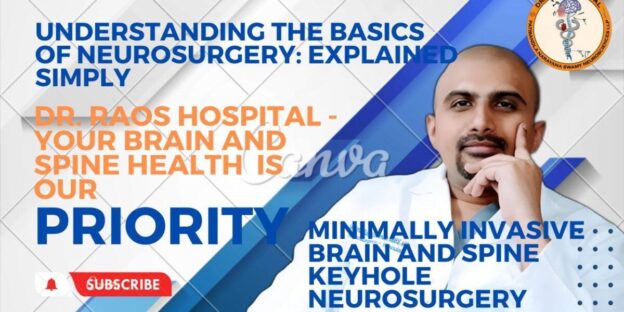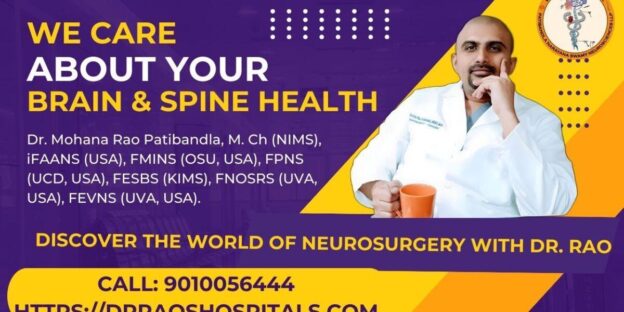Cutting Edge Technology at Dr. Rao’s Hospital
Cutting Edge Technology- Dr. Raos Hospital has advanced equipment to help patients with different conditions and needs. Here are some of the advantages of the equipment you mentioned:
Hybrid operation theater with intra-op CT:
Surgeons can perform different operations using this room’s traditional and minimally invasive techniques. The intra-op CT is a device that can take images of the inside of the body during the surgery, which helps the surgeons to see more clearly and accurately what they are doing. This can improve the safety and effectiveness of the surgery and reduce the risk of complications.
Biplane cath lab angiogram spine suite:
This facility is where doctors can perform procedures to treat problems with the blood vessels in the spine, such as narrowing, blockage, or aneurysms. The biplane cath lab has two cameras that can take pictures of the blood vessels from different angles simultaneously, giving a better view and understanding of the anatomy and pathology. This can help the doctors to plan and perform the procedures more precisely and safely.
Steel modular operation theater:
This type of operation room is made of steel panels that can be easily assembled and disassembled. The steel modular operation theater has many benefits, such as it can create a clean and sterile environment for surgeries, it can be customized to suit different needs and preferences, it can be moved or expanded if needed, and it can reduce the cost of construction and maintenance.
Leica Provido microscope:
This device can magnify and illuminate small and delicate structures in the body, such as nerves, blood vessels, and tissues. The Leica Provido microscope has many features that can help surgeons to perform complex and delicate surgeries, such as it has a bright and clear image quality, it has a wide and deep field of view, it has a light management system that protects the patient’s skin and tissue from overheating, and it has a flexible and ergonomic design that allows for comfortable and precise positioning.
Stealth S8 Neuronavigation:
This system can help surgeons locate, identify, and monitor the function of nerves in the brain and spine during surgery. The Stealth S8 Neuronavigation uses radio waves to create a current that heats up and destroys a small area of nerve tissue, which stops it from sending pain signals to the brain. This can help to reduce chronic pain, improve function, decrease the need for pain medications, avoid or delay surgery, and treat various conditions such as trigeminal neuralgia, hemifacial spasm, or cancer pain.
NIM eclipse neuromonitoring:
This system can help surgeons detect and prevent nerve damage during surgery. The NIM eclipse neuromonitoring uses electrodes that are placed in the muscles that are connected to the nerves that are at risk of injury. The system monitors the electrical activity of the muscles and nerves during surgery and alerts the surgeons if any change or damage occurs. This can help to protect the nerves from harm, preserve their function, and avoid complications such as paralysis or numbness
RIWOS Radiofrequency ablation:
This procedure can help treat chronic pain conditions such as arthritis of the spine, sacroiliac joint inflammation, facet joint inflammation, and neck, back, knee, and peripheral nerve pain. Radiofrequency ablation uses electric currents produced by radio waves to heat up and destroy a small area of nerve tissue, causing pain. This blocks or reduces the pain signals to the brain and relieves the patient. The advantages of radiofrequency ablation include: it is minimally invasive, it has little to no recovery time, it decreases the need for pain medications, it improves function, it returns to regular activities after a day or two of rest, it is safe and has mild side effects.
4K brain (brain), skull base (skull base), and spine Storz (Storz) endoscope system:
During surgery, this system uses a thin tube with a camera and light at its tip (endoscope) to look inside the brain, skull base, and spine. The 4K Storz endoscope system has many advantages for neurosurgery, such as it has a high-resolution image quality that shows more details and colors of the anatomy and pathology, it has a wide-angle view that shows more of the surgical site in one view, it has a flexible design that allows for different angles and approaches to access hard-to-reach areas, it has an integrated camera system that records and displays the images on a monitor for better visualization
CUSA: This stands for Cavitron Ultrasonic Surgical Aspirator.
It is a device that uses ultrasonic waves to break up hard or abnormal tissues such as tumors or bone spurs, then aspirates (sucks) them out of the body. The CUSA has many benefits for surgery, such as it can remove tissues selectively without damaging the surrounding normal tissues, it can reduce blood loss and infection, it can shorten the surgery time and hospital stay, it can improve the outcome and recovery of the patient.
I hope this answer helps you to understand the advantages of the equipment that Dr. Rao’s hospital has. If you have any further questions, please feel free to ask. Thank you for your interest in Dr. Rao’s hospital. Contact us at 9010056444 or info@drraoshospitals.com


